How Will the New HVAC Efficiency Standards Affect You?
The HVAC industry has been creating new ways to make systems more sustainable. The new HVAC efficiency standards won’t have an immediate effect on your household or business. All new models have been required to meet the new standards since Jan. 1, 2023. New requirements for AC installations in the Southeast and Southwest went into effect on that date as well. The Northern area didn’t have to meet that deadline for equipment, and specialty systems and heat pumps weren’t included in standards for Southern areas. As environmentally safe refrigerants become the norm, you need to understand what the changes will mean for you.
2023 SEER2 Regulations
The seasonal energy efficiency ratio measures the cooling output of an AC against the electricity it consumes. A higher SEER number means the system is more energy efficient, but two SEER-related changes went into effect on Jan. 1. The minimum SEER number increased from 13 to 14 in the North and from 14 to 15 in the South, and the HVAC industry replaced SEER with SEER2.
SEER2 still measures the cooling rate of an air conditioner against the electricity it consumes, but now it does so under more realistic circumstances. HVAC equipment displays the SEER2 number on the packaging, but it won’t affect you beyond giving better information.
2023 AC Refrigerant Regulations
Freon can harm people and the environment and damage the ozone layer. The HVAC industry began using Puron, which is less harmful and doesn’t damage the ozone layer. The EPA is moving to another class of refrigerant. The refrigerant A2L is flammable but has a lower Global Warming Potential. The HVAC industry is creating new technology to handle the new refrigerant, including ways to transport and store systems with A2L in them. States are beginning to allow A2L in AC systems, and technicians are training to handle the new refrigerant. New HVAC systems will have automatic shutoff capabilities after detecting a leak.
Pros and Cons of the 2023 HVAC Regulations
HVAC systems use electricity to run, creating carbon dioxide emissions. The new technology emits less carbon dioxide and has a positive environmental impact over time. The new HVAC regulations and technologies reduce utility bills by consuming less electricity while keeping your home comfortable. You don’t have to buy a new HVAC system immediately, but replacement parts could be harder to find for older models. Initially, inventory issues could arise for the new parts and systems.
If your old HVAC equipment is in good condition, you don’t need to buy a new system to comply with the new regulations. The HVAC systems will continue to keep your homes and businesses comfortable with or without the new technologies. The new regulations will help the environment and your wallet in the long run. Our technicians can repair and inspect your HVAC system during spring and fall maintenance. If you need air conditioner replacement in Green Bay, WI, call our team at Nicolet Heating & Cooling to schedule an appointment.

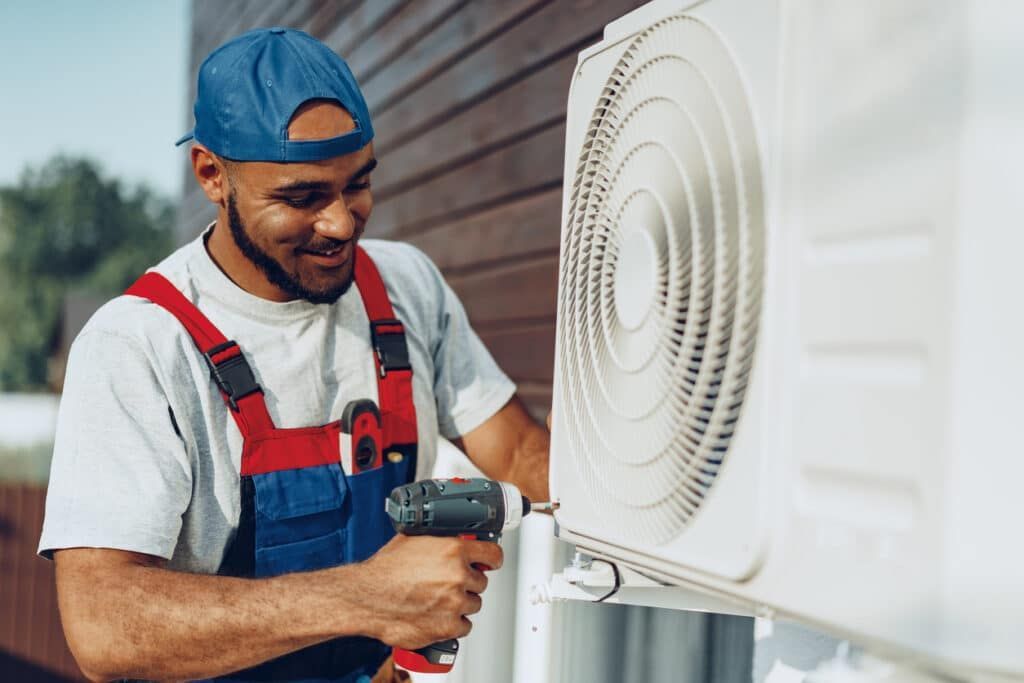
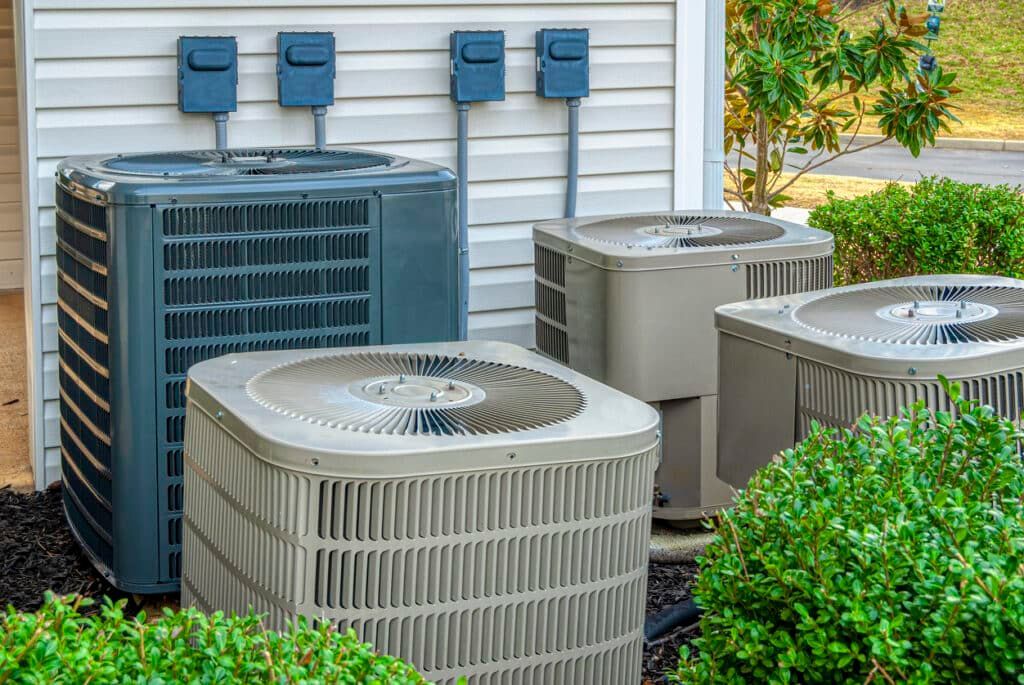
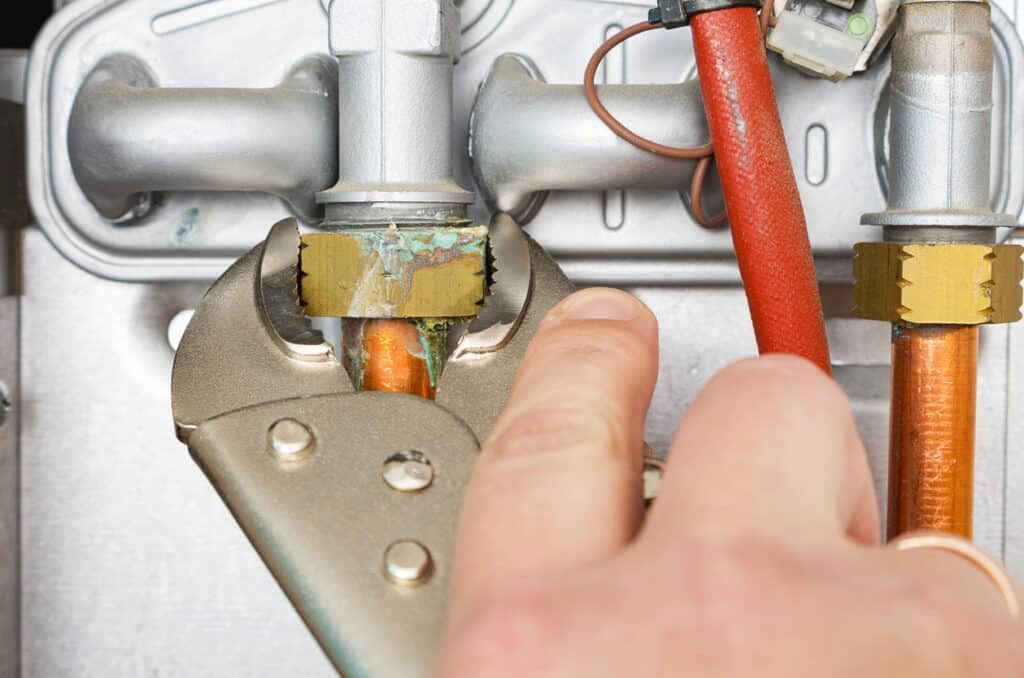
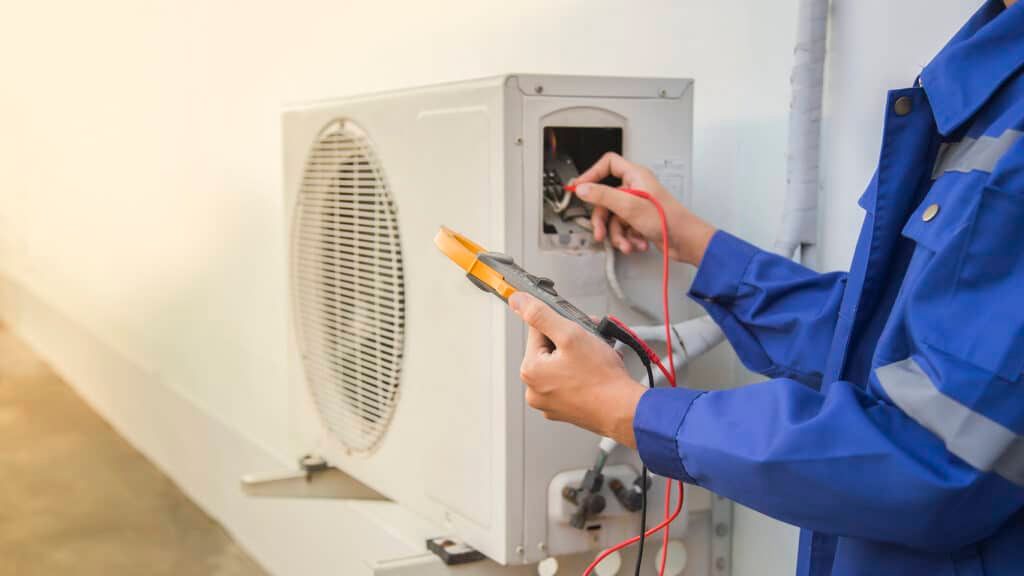
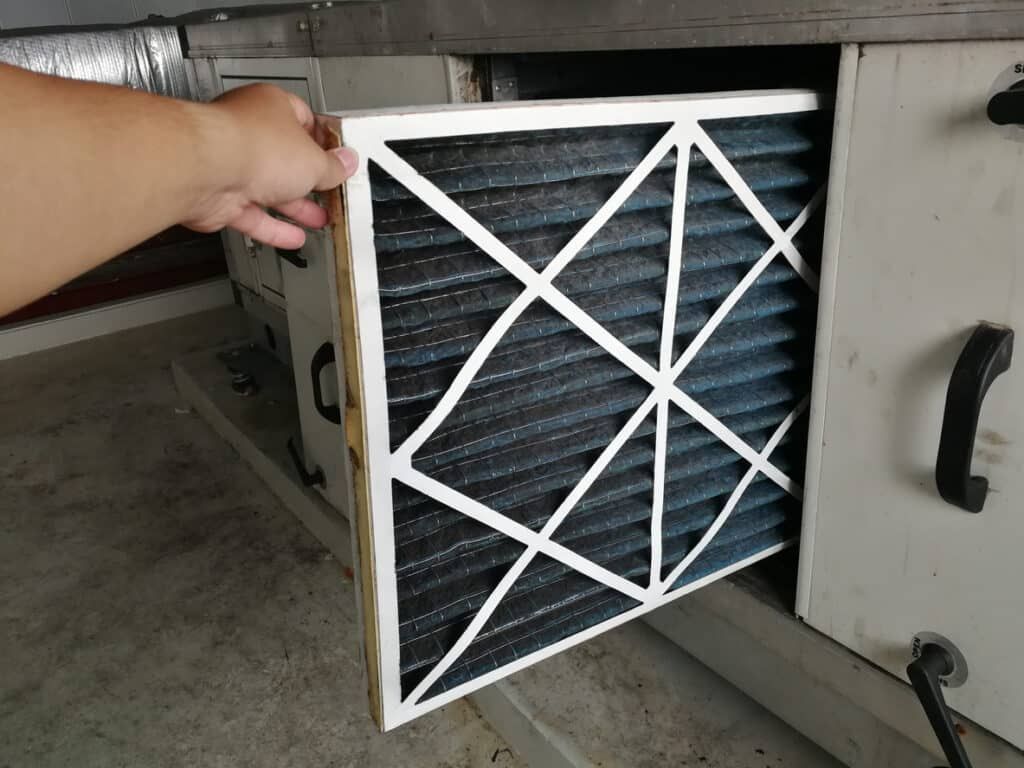
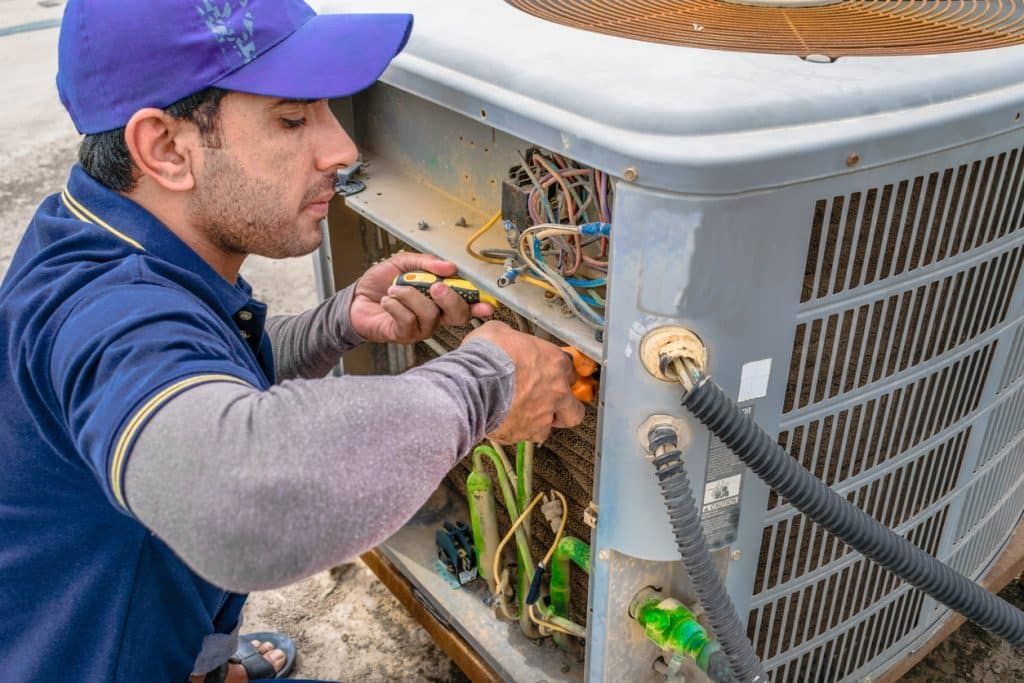

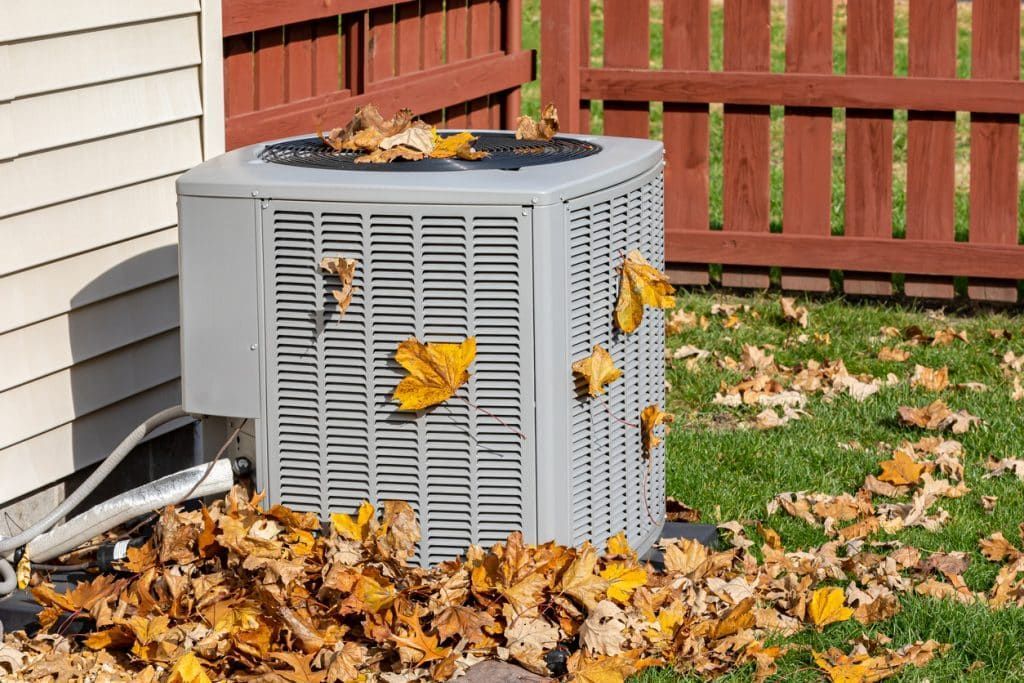
Contact Information
Phone: (920) 785-1007
Email: office@nicoletheatingandcooling.com
Address: 1344 Russett Ct. Green Bay, WI 54313
Business Hours
- Mon - Fri
- -
- Sat - Sun
- Closed
